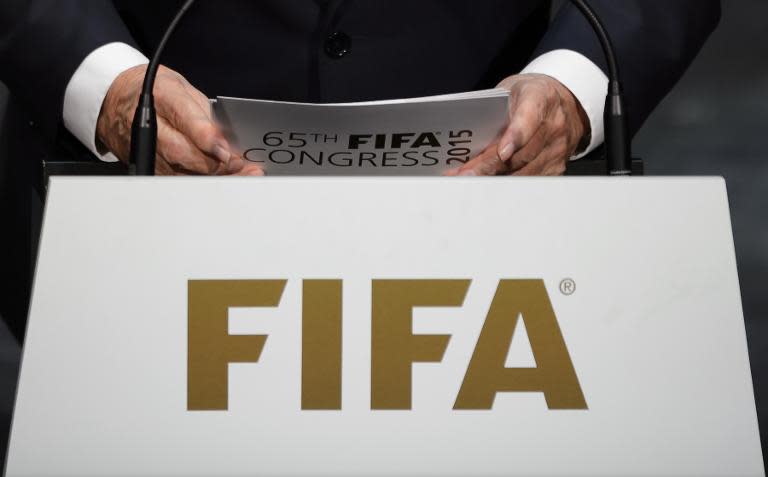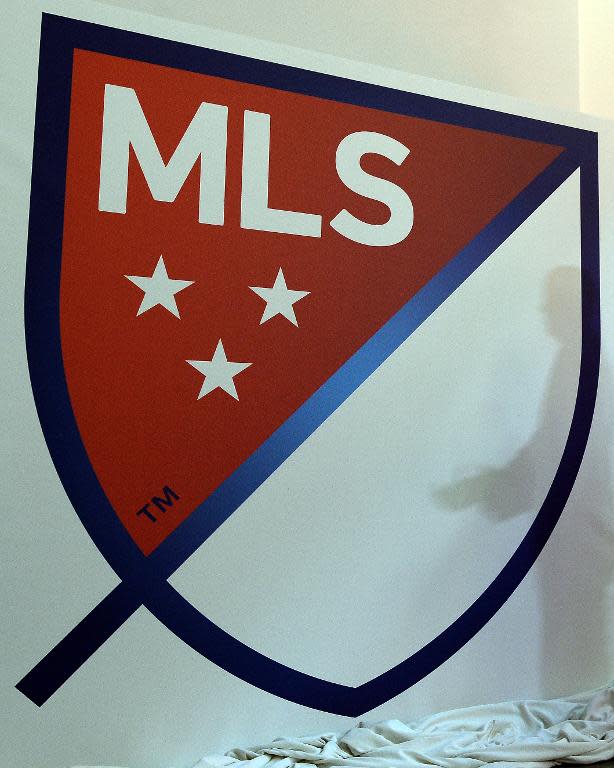What's a FIFA? Scandal unlikely to dent US football appetite
Ask the average American sports fan what the words Sepp Blatter mean and they might reach for a medical dictionary. Still, the game known here as "soccer" is enjoying healthy growth in popularity. Will the corruption scandal at the sport's world governing body FIFA dent that? Probably not, soccer watchers say. There might even be free publicity to reap. In this land where football of the American type reigns supreme, non-soccer fans could not care less about the firestorm raining down on FIFA president Blatter, sports economists said. And for the estimated 30 million Americans who do love soccer, the US charges announced against nine current or former FIFA officials and five sports marketing executives are anything but surprising. Football has lovers and haters in this country used to games with lots of scoring and never a goalless tie. And bribery and racketeering charges are unlikely to budge either camp. FIFA executives allegedly sought $150 million in bribes and kickbacks over the past two decades to sell their votes as to which country would host the World Cup and which firms got the broadcasting and marketing rights. Seven of the 14 defendants were arrested at a glitzy hotel in Zurich, Switzerland, and others are now under US arrest warrants. Victor Matheson, a sports economist at the College of the Holy Cross in Worcester, Massachusetts and former referee in Major League Soccer, said that the charges should be cause for celebration. "Yesterday, the universal reaction among American soccer fans was not that FIFA is dirty. Rather, they were surprised these guys got arrested," Matheson said. "Yesterday, the typical soccer fan was giddy," he told AFP. Evidence abounds that the soccer support base is expanding fast in the United States. Last year, for instance, the country's largest football stadium -- 110,000 seats, at the University of Michigan -- was all but filled not for an American football game but a soccer match, a friendly between Manchester United and Real Madrid. - 'Twisted pretzel logic' - Major League Soccer, which began in 1996 with 10 teams, now has 20 and plans to expand to 24. The fee to start a new team has grown from $5 million in 1996 to $100 million in the last round of expansion. And 25 million people in America watched the World Cup final last year between Germany and Argentina, an audience bigger than that of any other sports match in America except the Super Bowl. Oddly, soccer in America could even benefit -- or at least get more attention -- from the FIFA scandal, said another sports economist, John Vrooman of Vanderbilt University in Nashville, Tennessee. "Americans, like Europeans, love scandals, especially those involving fallen sports heroes, champions and especially corruption at the top of the sports pyramid," he told AFP. "In a twisted pretzel logical way, Americans who were previously unaware of the shady history or even the existence of FIFA ... will now be inundated with news of the scandal and there is no such thing as bad publicity in the US sports market." Despite the growth of football in America, people here were oblivious to FIFA and the power and war chest it wields, said Amy Bass, a history professor of the College of New Rochelle, in New York state, who writes on the cultural history of sports. Ask American kids about FIFA and all they think of is the body's sponsored videogame, Bass said in a telephone interview. But now, with the United States probing and prosecuting alleged crimes in a sport that most of its people don't watch or play, Americans will learn a lot. The Americans say they have jurisdiction in the case because, among other things, money transfers carried out in the alleged bribery involved US banks and wire transfer systems. Of Americans and soccer and FIFA, Bass put it this way: "We may not be able to play, but we can certainly prosecute."




